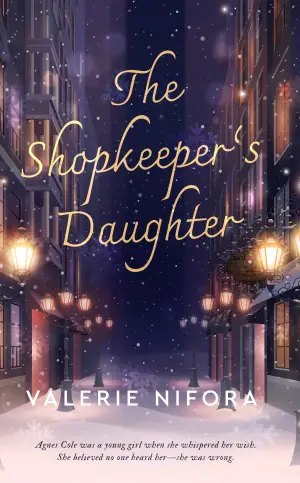As an avid reader, I find myself frequently drawn to coming-of-age stories, and Stephen Chbosky’s The Perks of Being a Wallflower has long been on my reading list. I had heard whispers about its profound emotional depth and its relevance to anyone who feels like an outsider. After finally picking it up, I can confidently say that it exceeded my expectations and resonated with me in a way I hadn’t anticipated.
Chbosky’s narrative revolves around Charlie, an introspective high school freshman who navigates the tumultuous waters of adolescence while grappling with personal loss and societal pressures. The book’s description highlights its honest look at high school life, underscoring the notion that many young people feel isolated. As Judy Blume aptly states, “A timeless story for every young person who needs to understand that they are not alone.” This sentiment certainly rings true, and Charlie’s journey helped me reflect on my own adolescent experiences.
One of the aspects I found particularly engaging was the character development. Readers get to witness Charlie evolve from a timid wallflower into someone who learns to embrace his unique identity. Other reviews echoed similar sentiments, emphasizing how relatable these characters are. For instance, Charlie’s experiences with friendship, love, and loss are complex, showcasing the multifaceted nature of teenage life. I wholeheartedly agree with reader David C. Young, who described it as “deeply moving” and a revealing look into life from a distinctive perspective.
Another standout feature is Chbosky’s writing style. The accessible yet poignant prose invites readers into Charlie’s world. It is heartfelt without being overly sentimental, striking a perfect balance. Many readers appreciate this, highlighting that the story feels genuine and real. I, too, found it refreshing to engage with a narrative that digs deep into the heart while maintaining a relatably honest tone.
However, the emotional content can be intense, often leading to tears—something that some readers have mentioned. There are moments of significant emotional weight, like those dealing with loss and trauma, which can feel draining at times. Though I appreciated the exploration of such serious themes, I can understand why some might find it overwhelming. It’s a stark reminder that while growing up can be exhilarating, it is also riddled with challenges that can leave one feeling disheartened.
Additionally, some readers have expressed that Charlie’s character may come across as "too sweet" or "improbable." I found merit in this viewpoint, as Charlie’s extreme sensitivity and naivety may not resonate with everyone. However, I believe that these very traits are integral to the book’s charm and offer valuable insights into living authentically.
Overall, The Perks of Being a Wallflower is a beautifully crafted story that captures the highs and lows of adolescence. It stands as a reminder that feeling out of place is a universal experience and that we all have a place in this world. The combination of relatable characters, emotional depth, and a powerful narrative makes it an essential read for anyone who has ever felt like a wallflower.
In conclusion, I wholeheartedly recommend The Perks of Being a Wallflower not only for its message of hope and understanding but also for its authentic exploration of life’s complexities. Whether you’re a young adult or someone who can look back on those formative years, this book will undoubtedly resonate with you, leaving you with a sense of connection and belonging. It’s a remarkable testament to the beauty of friendship, love, and self-acceptance. For anyone feeling lost or alone in this chaotic world, Charlie’s journey is a gentle nudge that you are most certainly not alone.
Discover the heartfelt journey of self-discovery in The Perks of Being a Wallflower. >>








